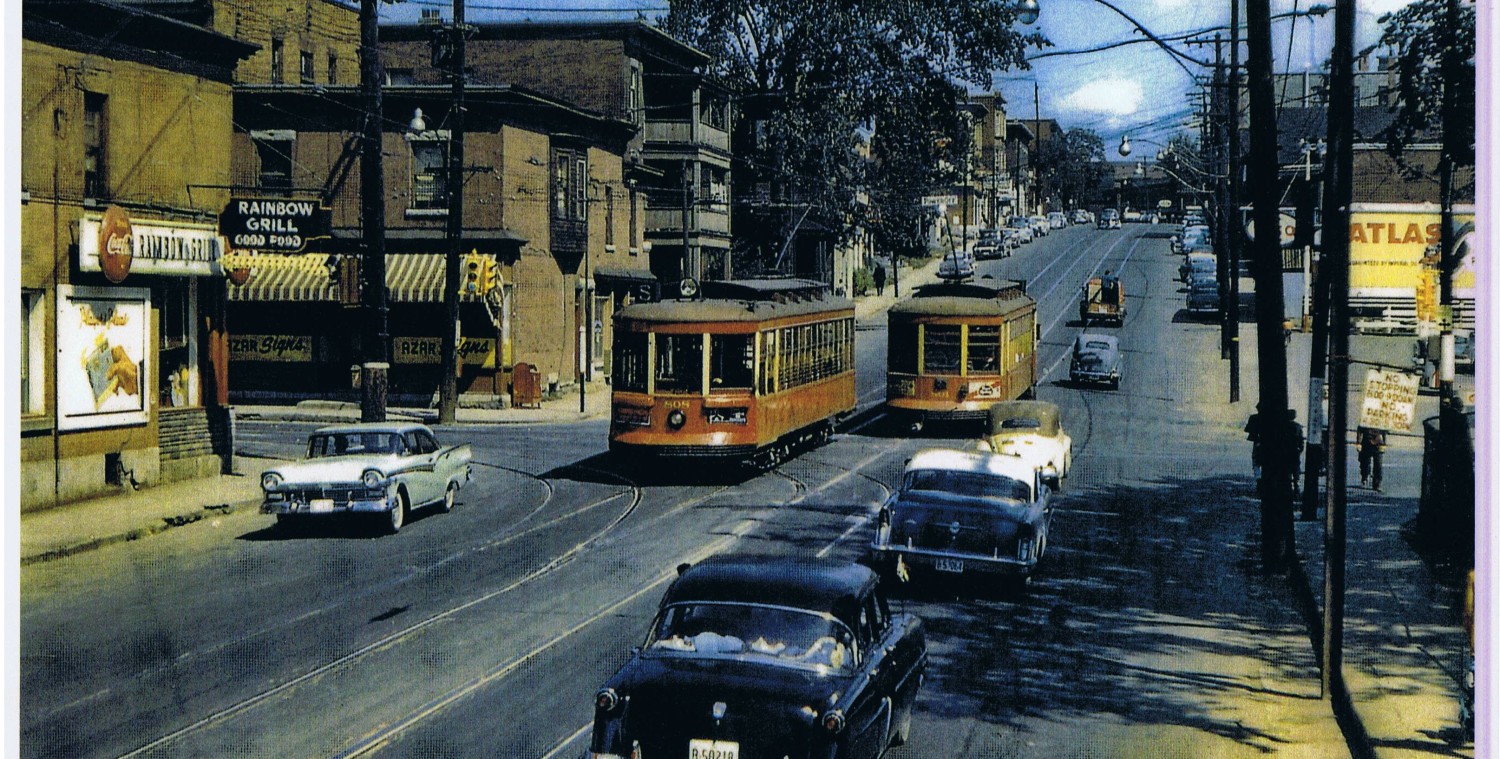Over at the City journal.org website, there is an article on the repeating US housing crisis. I like their site because it often offers a contrarian view of what is conventional wisdom in the urban affairs sphere. It makes an interesting comparison to the Metropolis website.
Here is a summary (first three para) of their most recent article on the US housing policy:
In December, the New York Times published a 5,100-word article charging that the Bush administration’s housing policies had “stoked” the foreclosure crisis—and thus the financial meltdown. By pushing for lax lending standards, encouraging government enterprises to make mortgages more available, and leaning on private lenders to come up with innovative ways to lend to ever more Americans—using “the mighty muscle of the federal government,” as the president himself put it—Bush had lured millions of people into bad mortgages that they ultimately couldn’t afford, the Times said.
Yet almost everything that the Times accused the Bush administration of doing has been pursued many times by earlier administrations, both Democratic and Republican—and often with calamitous results. The Times’s analysis exemplified our collective amnesia about Washington’s repeated attempts to expand homeownership and the disasters they’ve caused. The ideal of homeownership has become so sacrosanct, it seems, that we never learn from these disasters. Instead, we clean them up and then—as if under some strange compulsion—set in motion the mechanisms of the next housing catastrophe.
And that’s exactly what we’re doing once again. As Washington grapples with the current mortgage crisis, advocates from both parties are already warning the feds not to relax their commitment to expanding homeownership—even if that means reviving the very kinds of programs and institutions that got us into trouble. Not even the worst financial crisis since the Great Depression can cure us of our obsessive housing disorder.

